What Happens in The Persians?

The Persians, a tragedy by Aeschylus, is a unique and profound exploration of war, hubris, and the nature of power. As the only extant Greek tragedy that deals with contemporary events (the Persian Wars), it offers a fascinating window into the Greek psyche and its confrontation with the “other.” By examining this play through the lens of depth psychology, we can uncover deep insights into the collective unconscious, the shadow of power, and the consequences of overreach.
I. Summary of The Persians
The Persians takes place in Susa, the Persian capital, and deals with the aftermath of the Battle of Salamis, where the Greeks defeated the Persians. The play begins with the chorus of Persian elders anxiously awaiting news of the battle. The queen mother, Atossa, joins them and shares her ominous dreams.
A messenger arrives, bringing news of the devastating Persian defeat. The ghost of Darius, the former Persian king, is summoned and he attributes the defeat to the hubris of his son, Xerxes. The play ends with Xerxes returning in despair, lamenting the loss of his army and his own folly.
II. Archetypal Figures in The Persians
Xerxes: The Hubristic King Xerxes embodies the archetype of the Hubristic King. His overreach and pride lead to the downfall of his army and empire. He represents the danger of unchecked power and the consequences of failing to respect the limits of human authority.
Darius: The Wise Old King Darius, in contrast to Xerxes, represents the archetype of the Wise Old King. Even from beyond the grave, he offers insight and perspective on the folly of his son’s actions. He represents the wisdom and restraint that comes from experience and an understanding of the limits of power.
The Chorus: The Collective The chorus of Persian elders represents the collective psyche of the Persian people. Their fears, hopes, and grief reflect the emotional landscape of a nation confronting the devastating consequences of their leader’s actions.
III. Hubris and Downfall
The central theme of The Persians is the danger of hubris – the pride that leads to overreach and downfall. Xerxes’s attempt to conquer Greece is portrayed as an act of overweening ambition, a failure to respect the limits of human power. His defeat is not just a military setback, but a cosmic correction, a reassertion of the balance that hubris threatens to upset.
IV. The Confrontation with the Other
As a play about a Persian defeat written for a Greek audience, The Persians offers a unique perspective on the confrontation with the “other.” It humanizes the Persians, portraying their suffering and grief, even as it celebrates the Greek victory. This suggests a capacity for empathy and understanding, even in the context of war and conflict.
V. The Nature of Power
The play offers a profound reflection on the nature of power. Through the contrast of Xerxes and Darius, it suggests that true power is not a matter of military might or territorial expansion, but of wisdom, restraint, and respect for limits. It warns of the dangers of unchecked power and the inevitable consequences of overreach.
VI. Psychological and Societal Implications
The Collective Unconscious The Persians taps into the collective unconscious – the shared emotional and psychological landscape that underlies a society. The fears, hopes, and griefs of the Persian elders reflect the deeper psychic currents that run through a nation, especially in times of crisis and upheaval.
The Shadow of Power Xerxes’s character illustrates the shadow side of power – the part of the psyche that is prone to hubris, overreach, and the abuse of authority. The play warns of the dangers of this shadow, both for the individual ruler and for the society that suffers the consequences of their actions.
The Necessity of Limits The Persians powerfully asserts the necessity of limits, both in the exercise of power and in the ambitions of individuals and nations. It suggests that true wisdom and stability come from respecting these limits, from recognizing the boundaries of human authority and action.
Conclusion
The Persians is a profound exploration of war, power, and the human condition. Through its archetypal figures and powerful themes, it illuminates the deep, often unconscious forces that shape the destinies of individuals and nations. It serves as a warning against the dangers of unchecked power and a celebration of the wisdom that comes from recognizing limits. Ultimately, it offers a vision of a world in which even the most bitter of conflicts cannot erase the shared humanity that underlies our differences.
Read About Other Classical Greek Plays and Their Influence on Depth Psychology
Classical Literature
Iphigenia in Aulis





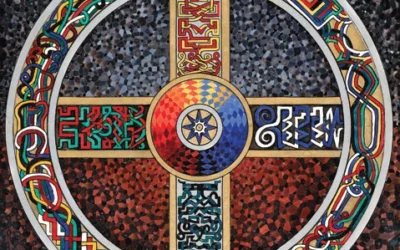
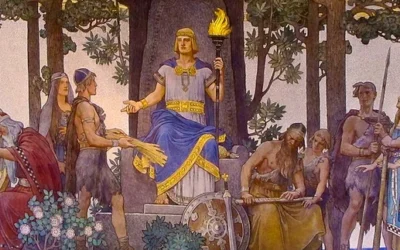


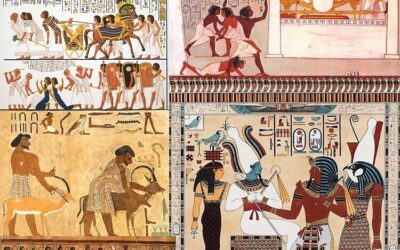
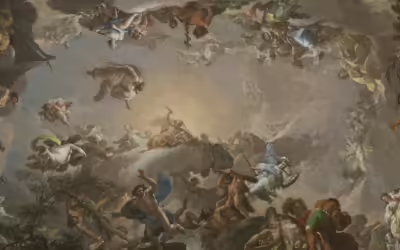



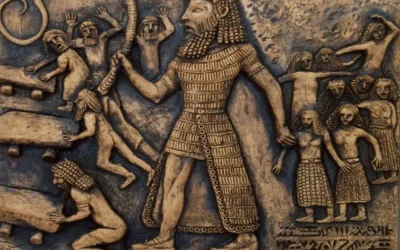
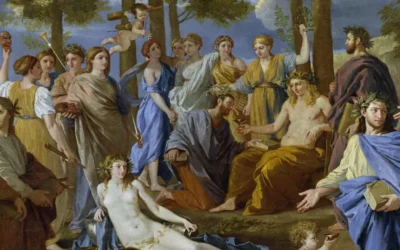

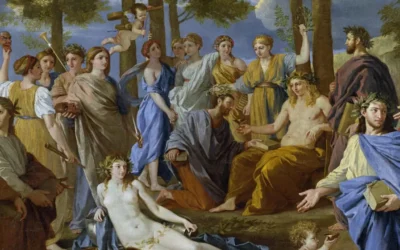
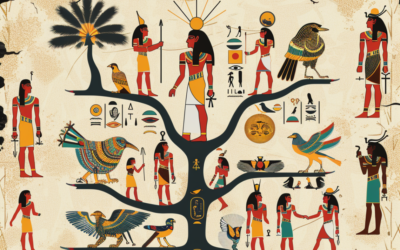
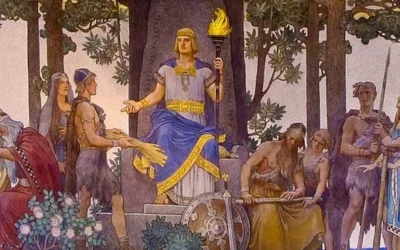

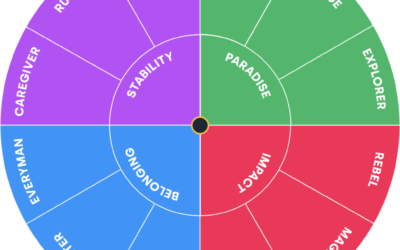




0 Comments